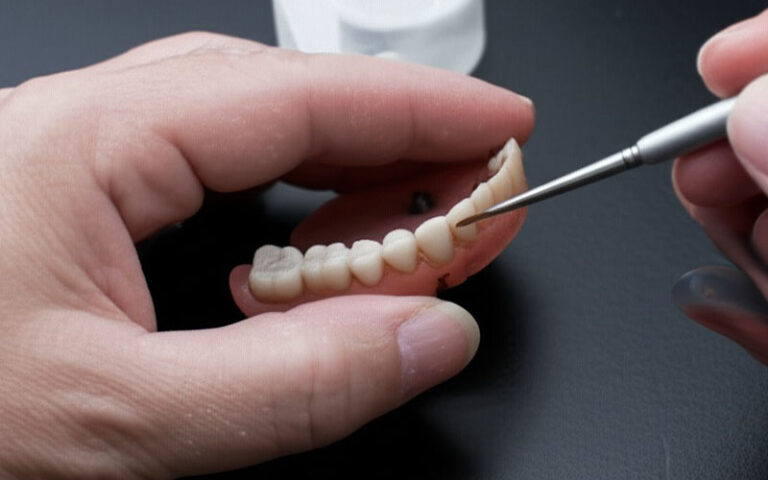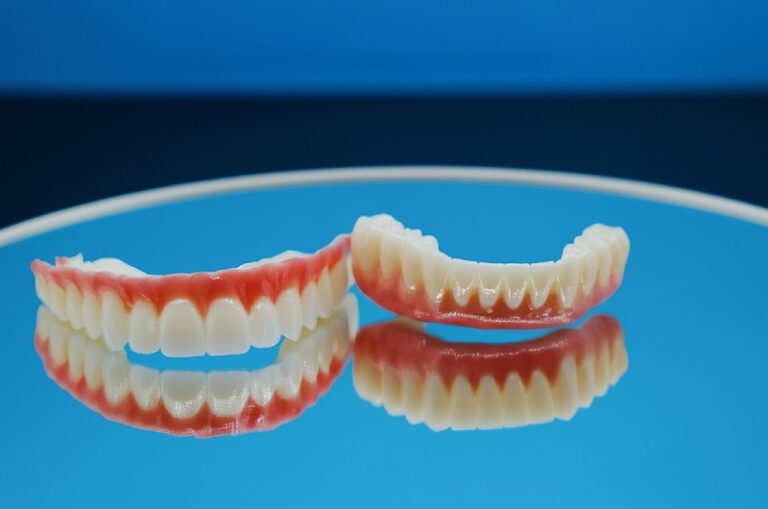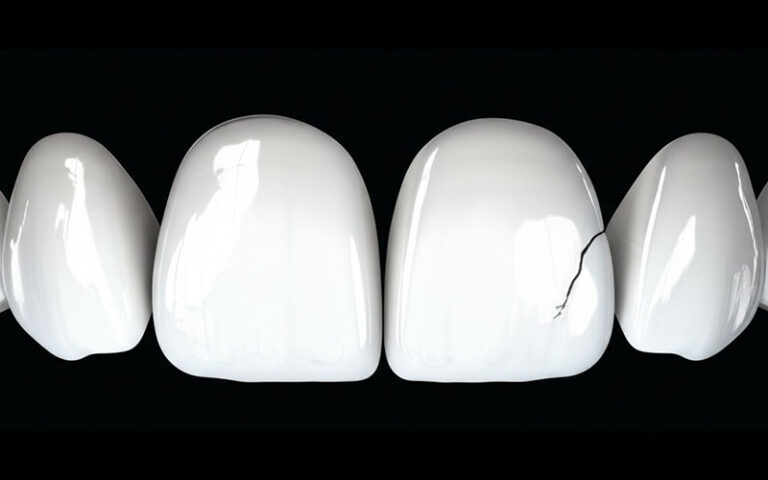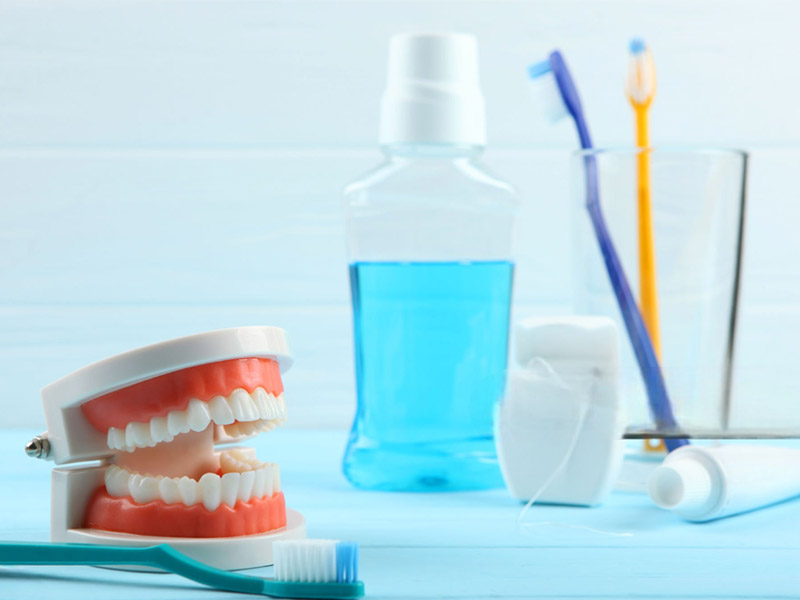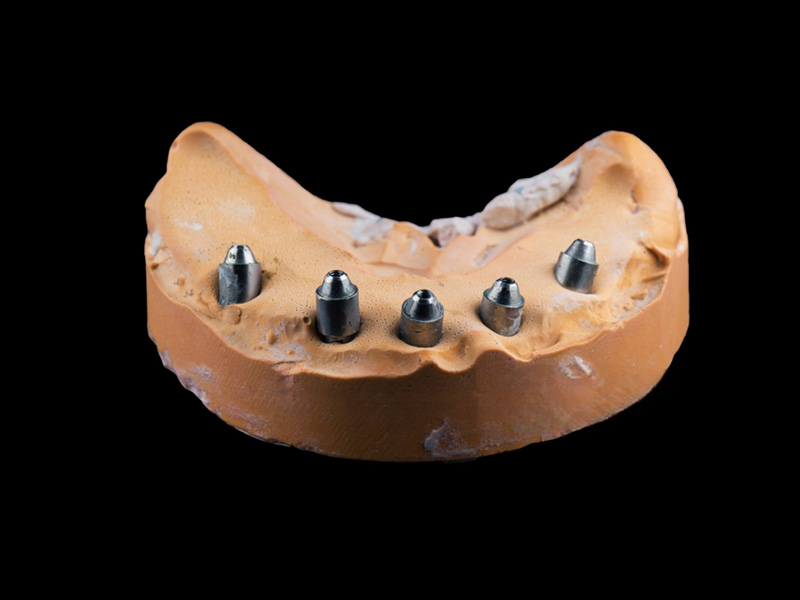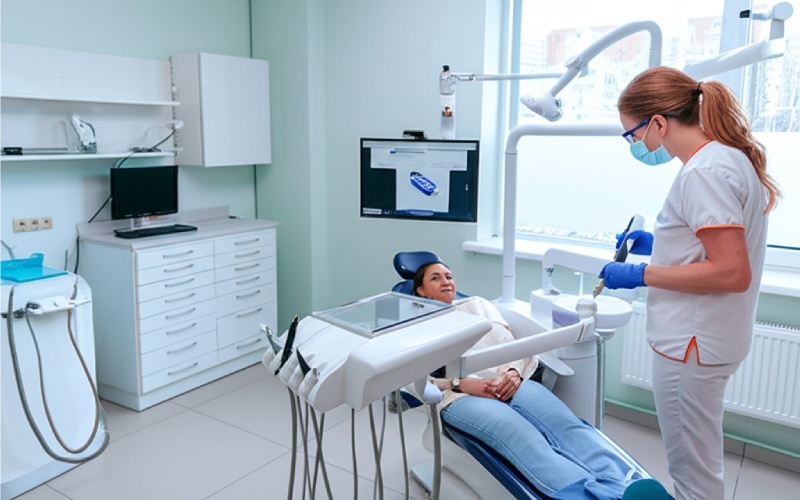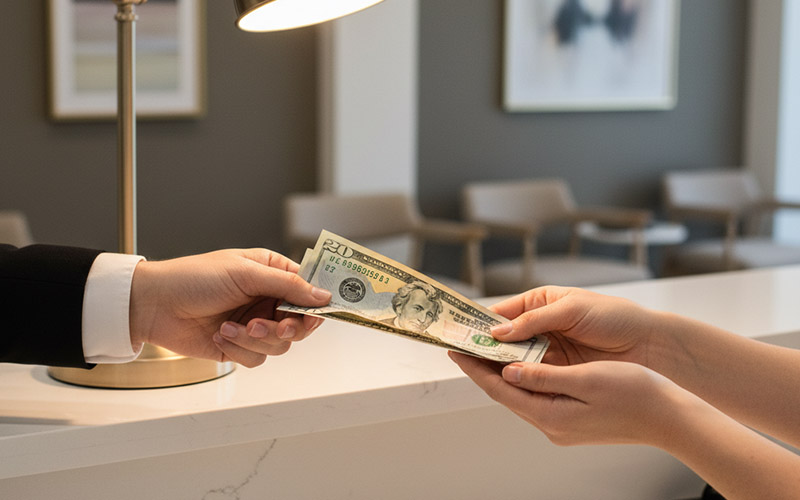
Do Dentists Give Discounts for Cash? Your Simple Guide to Saving Money on Dental Care
It’s no secret that going to the dentist can get pricey—especially if you don’t have insurance or your plan covers just part of the bill. If you’ve ever wondered, “Do dentists give discounts for cash?” you’re not the only one. For many people, this isn’t just a casual question; it really matters and can decide whether or not you get the care you need.
Maybe you’re worried about a high bill for a filling or trying to figure out how much a crown will cost. Or maybe you’re hoping your budget will stretch far enough to cover an emergency tooth pull or a root canal. No matter the reason, your question is important—and just asking puts you on the right track.
Let’s go through everything you need to know, without fancy language or confusing rules. By the end, you’ll know not just if cash discounts are out there, but why they exist, how to ask about them, and what other ways there are to save on dental care.
Table of Contents
Do Dentists Really Give Cash Discounts? (And Why?)
Let’s answer the big question: Yes, lots of dentists do give discounts for cash—but it depends on the office. Don’t expect to see a huge sign that says “CASH DISCOUNTS HERE!” This is more of a quiet thing, offered as a kind favor (or sometimes kept quiet) for people who pay upfront.
Why give a cash discount?
Think about it: If your boss paid you as soon as the job was done—no waiting, no paperwork, no worries about whether the check would clear—wouldn’t that feel better? That’s what cash payments feel like to dental offices. Here’s why many dentists might do it:
- Less paperwork: Taking care of insurance takes up a lot of the front desk’s time. There’s forms, calls, waiting for money, and sometimes arguing when a claim gets denied.
- Immediate payment: Cash, check, or direct transfer means the office gets their money right away—no questions, no waiting.
- Lower costs: Dentists pay extra fees when people use credit cards. Cash doesn’t have these costs.
- Fewer billing problems: With cash, they don’t have to wonder if a patient will pay later or if the insurance won’t cover as much as expected.
- Attracting more people: If you don’t have insurance, a cash discount might make you choose one dentist over another.
The quick answer? Dentists run small businesses too, and giving a deal for cash can help keep things simple and bring in patients. Still, if a dentist gives a discount, and how much, changes depending on their office, what you need done, your history with them, and even what other dentists nearby are doing.
How Cash Discounts Work in Dental Offices
You might wonder, “That sounds good, but how does this actually play out when I go to the dentist? Is there a right way to talk about it?” Knowing when and how to bring it up can save you money and make the whole thing less awkward.
Why Don’t You See the “Cash Price” Posted?
Dental prices aren’t like prices at the grocery store—there’s not usually a menu where everyone pays the same. Dental offices use different prices depending on a few things:
- Standard fee: This is the basic price for each service. Usually, this is what people without insurance pay.
- Insurance fee: If you do have insurance, your dentist probably has to charge you (and get paid back) the set price your insurance company decided.
- Discounted cash price: This is a lower price the office might give people who pay the whole bill at once and don’t use insurance.
Why keep it quiet? Sometimes the dentist’s agreement with your insurance says they can’t give you a better price than what the plan offers. But if you don’t have insurance, or you’re paying full price, you might get a break.
How Much Is the Usual Cash Discount?
From what dental consultants say, here’s what you should expect:
- Typical range: 5% to 20% off the regular price.
- Most common: A 10% discount is pretty popular for paying the whole bill at the start.
- Bigger discounts: Sometimes you might see 15-20% off for expensive work, like implants or crowns, if you pay everything in advance.
And yes, “cash” here also means checks or direct bank transfers—doesn’t have to be paper money.
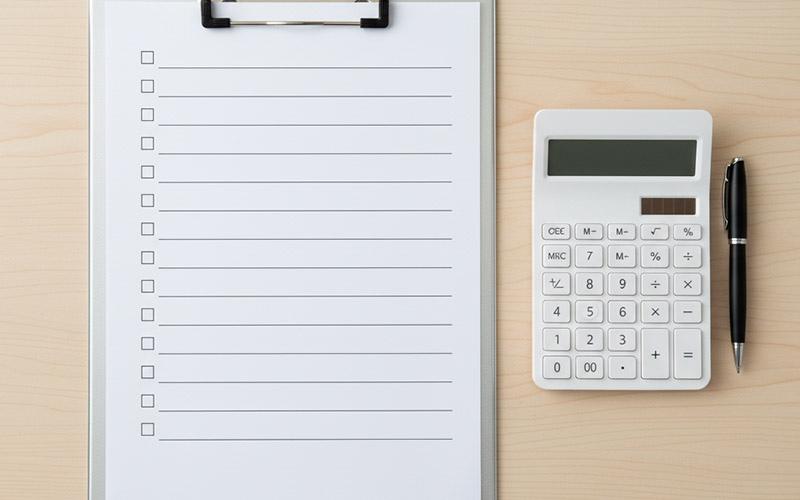
How to Ask About Cash Discounts and Payment Rules
So you want to cut your bill and get a deal. How should you ask? Here’s the plan:
1. Ask Early
Talk about prices before any dental work—on your first call or at your first visit. Once the work is done, you won’t have as much room to bargain.
2. Be Nice and Clear
Try saying things like:
- “Do you have a cash price for people paying on their own?”
- “I won’t be using insurance—are there any discounts for that?”
- “If I pay in full today, by cash, check, or bank transfer, could I get a lower price?”
Remember, you’re not at a flea market—ask kindly.
3. Say What You’ll Use
If you’d rather pay by check or direct transfer, just let them know. Many offices treat these the same as cash since they’re cheaper for them than credit cards are.
4. Get It in Writing
If they offer you a special price, ask for it to be written down before any work starts.
5. Don’t Assume Every Office Offers This
Some don’t give cash discounts. Don’t take it personally; there are rules and reasons behind it.
What Kind of Discounts Can You Actually Get?
Don’t go in hoping for your bill to be cut in half. Here’s what’s more likely:
Typical Discounts by Service
- Cleaning & exam: $85 with insurance might be $75 with a 10% cash deal.
- Filling: A $200 filling could drop to $180.
- Simple tooth pull: $250 normal price, maybe $225 if you pay upfront.
- Crown: $1,200 could turn into $1,080, or less for more crowns.
- Root canal: $1,000 might become $900.
These numbers change depending on where you live, your dentist, and the office, but you get the idea.
When Can You Get Bigger Discounts?
For more involved or expensive work—like implants, orthodontics (braces), or full-mouth makeovers—some dentists give you more off if you pay the whole amount at once. Here, you might find:
- Up to 20% off when you pay before it starts.
- More off if you use cash, check, or bank transfer instead of a credit card.
But here’s a tip: dentists usually don’t give a cash discount if you want to pay in little pieces over time. These discounts are for paying everything at once.
Other Ways to Save If a Cash Discount Isn’t Enough
Sometimes the discount isn’t huge, or the work is just really expensive. The good news? There are other ways to save on your dental bills.
1. Dental Discount Plans
These aren’t insurance. You pay about $100–$200 each year, then get set discounts (sometimes 15–50%) at certain dentists. They’re handy if you don’t go to the dentist a lot but want to save when you do.
2. In-House Payment Plans
Some offices let you pay monthly, which can help if you need a lot of work (like braces or implants). Usually, you won’t get the cash discount if you don’t pay all at once.
3. Outside Financing
Companies like CareCredit let you pay over time, sometimes with no interest for a while. Handy for emergencies, but check the rules on when interest kicks in.
4. Community Dental Clinics & Dental Schools
If money is super tight, look for local clinics or dental schools. Students (supervised by real dentists) can do the work for way less than private offices.
5. Checkups and Cleaning
It sounds simple, but catching problems early with regular visits can save you big in the long run.
6. Help From Charities or Government
Groups like the Dental Lifeline Network and local health offices sometimes give free or cheaper dental care, mostly for seniors, veterans, or people on a low income.
7. HSAs and FSAs
If you have a special health savings (HSA) or flexible spending (FSA) account, you can use pre-tax money to pay for dental stuff. This stretches your cash a bit more.
8. Dental Membership Plans
Some dentists have their own “club” where you pay each year for two cleanings, exams, X-rays, and deals on other work. It’s like a care package, especially good if you don’t have insurance.
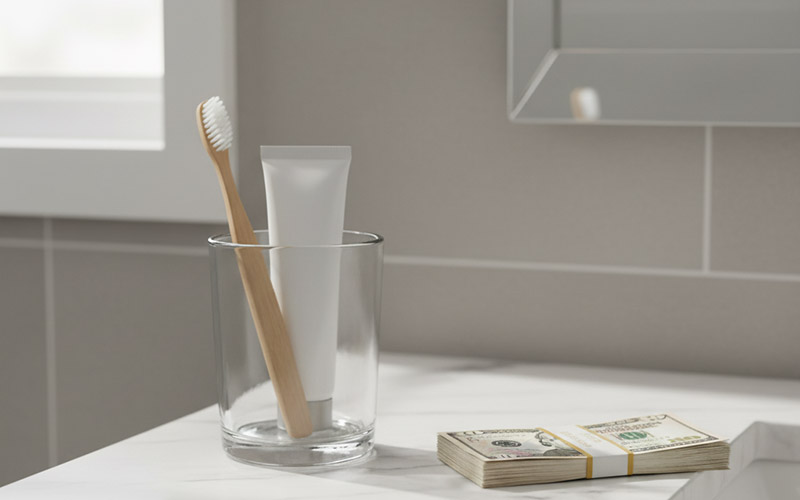
When To Pay Cash vs. Use Dental Insurance
Already have dental insurance? Should you ever skip it and pay cash?
When Insurance Makes Sense
- You’ve hit your deductible.
- Your plan pays most or all of the bill (like cleanings, which are usually covered).
- The office is “in-network,” so you get their best price.
When Cash Might Be Better
- No insurance.
- Your plan doesn’t cover the work you need (like fancy crowns or cosmetic stuff).
- You’ve hit your insurance limit (usually $1,500 a year, which runs out fast with big work).
- You have to pay almost the whole price anyway because of big deductibles or co-pays.
- The cash deal is cheaper than your insurance price.
Always check the real costs both ways before you decide. The office staff can help break it down—they do it all the time!
Finding Dentists Open to Cash Discounts Near You
Now you know what to ask—so how do you find the right dentist?
1. Call Around
When you book, say, “I’d pay in cash—do you offer discounts for that? How much would it cost for a cleaning, crown, whatever I need?”
2. Check Websites
Some offices post their payment rules online, even mentioning discounts, savings plans, or deals for new patients.
3. Word of Mouth
Ask people you trust or check local social media. Many are happy to share tips on where they found good and fair care.
4. Dental Directories
Sites like the American Dental Association (ADA) help you find a dentist, and some sites let you find cash-friendly offices.
What to Watch Out For Before Paying Cash
Discounts are nice, but don’t just jump in. Here’s how to keep safe:
1. Get It in Writing
Ask for a paper showing what you’ll get, the price, and the discount. You don’t want surprises.
2. Watch for Prices That Are Too Low
If a price sounds way too cheap, make sure it still includes good work and follow-up. Fixing bad dental work later can cost you a lot more.
3. Make Sure Care is Still Good
Getting a discount shouldn’t mean lower cleanliness, safety, or poor care. The basics must all be there.
4. Ask About Extra Costs
Does the cash price cover everything (like X-rays, numbing shots, return visits), or are there extra fees?
5. Insurance Rule Problems
If you have insurance but think about paying cash for a big discount, know that sometimes the dentist can’t give you a lower rate because of insurance company rules.
Bottom Line: Getting Good Dental Care Without Emptying Your Wallet
Affordable dental care shouldn’t feel out of reach. If you ask about cash discounts—and check out other ideas—you can make it work, even if you don’t have insurance or need to count every dollar. Here’s what to remember:
Quick Recap:
- Lots of dentists give 5–20% off for cash, but it changes from place to place.
- Always ask for a deal before the work starts, and get the details in writing.
- Dental discount plans, payment plans, clinics, and using HSA or FSA money can help too.
- If you have insurance, compare the real costs both ways.
- Don’t take a bad deal just to save money. Good care matters most.
- Talk with your dentist’s office—they want you to get the care you need.
Next Steps For You
- Write down dentists in your area.
- Call or email and ask about cash discounts for the work you need.
- Compare your notes, and look at membership or savings plans, too.
- Make your appointment, knowing you’re ready to get care you can afford.
- Keep up with regular cleanings to avoid bigger, more expensive problems later.
Taking care of your teeth shouldn’t wreck your savings. A little research and a polite ask can help you make good choices for your mouth and your wallet.
References:
- American Dental Association (ADA): What’s the deal with dental fees?
- Dental Lifeline Network: Programs for those in need (dentallifeline.org)
- Consumer Reports: How to Save on Dental Costs
- CareCredit: Dental Financing
Medically checked by Dr. Jane Doe, D.D.S..
This article is for basic info only and can’t replace going to your own dentist.
Still need help or want more info about cheap dental care where you live? Call your community health clinic or nearby dental schools to ask about any coming-up affordable care days. Your smile is worth it!

